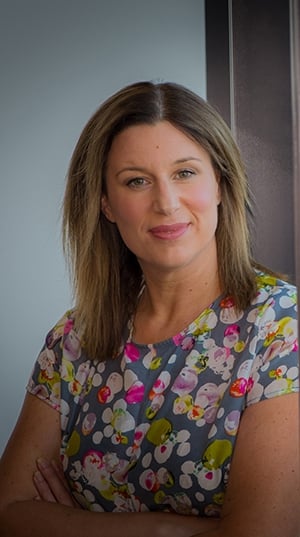Time to control youth gambling
Research news
Australians gamble more than any other population in the world – spending nearly $20 billion each year on gambling.
Of increasing concern for the nation is the “normalisation” of sports betting and the growth of on-line gambling, which are posing a threat to Australian teenagers and young men, claims gambling expert and public health researcher at Deakin University, Associate Professor Samantha Thomas.
The promotion for sports betting for some of our most popular sports, ranging from the AFL, the NRL, tennis, cricket and many other sports, has increased significantly over the past ten years, with the line between sport and gambling becoming increasingly blurred, she argues.
Associate Professor Thomas said that, in Victoria, it has been estimated that around 130,000 people have a problem with gambling or are at risk of developing one – with ramifications for thousands of others, in their families, social circles and colleagues.
“It is time that the gambling industry, the Government, broadcasters and sports organisations shared responsibility for the consequences of gambling,” she said. “As a society, we need to move away from the idea that problem gambling is only the fault of individuals and acknowledge that gambling is a whole-of-community responsibility.”
Associate Prof Thomas explained that gambling harm is caused by a combination of factors, but that the “highly successful” marketing tactics of the gambling industry, including advertising and sporting sponsorship, may be contributing to harm.
Children, teenagers and young people, especially young men, are particularly vulnerable to marketing tactics, with young adult men targeted by sports betting marketing.
“Our research shows that children are able to recall the marketing for sports betting,” she said.
“We are concerned that this is positively influencing their attitudes towards gambling. Furthermore, sports betting appears to be becoming embedded in the peer groups of male sports fans.”
She explained that the industry uses the same types of tactics as other dangerous consumption industries, such as alcohol, tobacco and fast food. Its targeting of sporting organisations in particular – especially through sponsorship – is having a major impact on the way in which young people think about the relationship between gambling and sport.
“Sports organisations are incredibly influential in communities, whether it be the local cricket team or professional AFL football,” she said. “Our research team is keen to work with sports associations to help them understand their impact, find alternative sources of revenue - and ensure they’re part of the solution and not part of the problem.”
Associate Professor Thomas joined Deakin’s School of Health and Social Development in October. She has worked for the World Health Organisation in Geneva (advising on indigenous mental health policy) and Kings College, London.
With funding from the Australian Research Council and the Victorian Responsible Gambling Foundation, she is currently overseeing several projects at Deakin that aim to build stronger research on the impact of gambling industry tactics on individuals and identify effective strategies to prevent harm.
Closing loopholes that allow gambling advertising during sports matches, or removing gambling logos from sporting jerseys, are two measures that could help to reduce the connection between sport and gambling.
“Being able to share our research findings with communities, governments and sporting organisations will help to facilitate a discussion about how best to tackle gambling harm, and take some comprehensive steps towards gambling reform,” she said.
Deakin is currently seeking young men in the Geelong region for a sports betting study, with all participants to receive a $30 voucher. If you are male, aged 18 to 35, gamble on AFL or NRL, and would like to participate in one 40-minute interview, please contact: Emily Deans: edeans@deakin.edu.au
Share this story
 Associate Professor Samantha Thomas is seeking to protect young Australians from gambling harm.
Associate Professor Samantha Thomas is seeking to protect young Australians from gambling harm.
